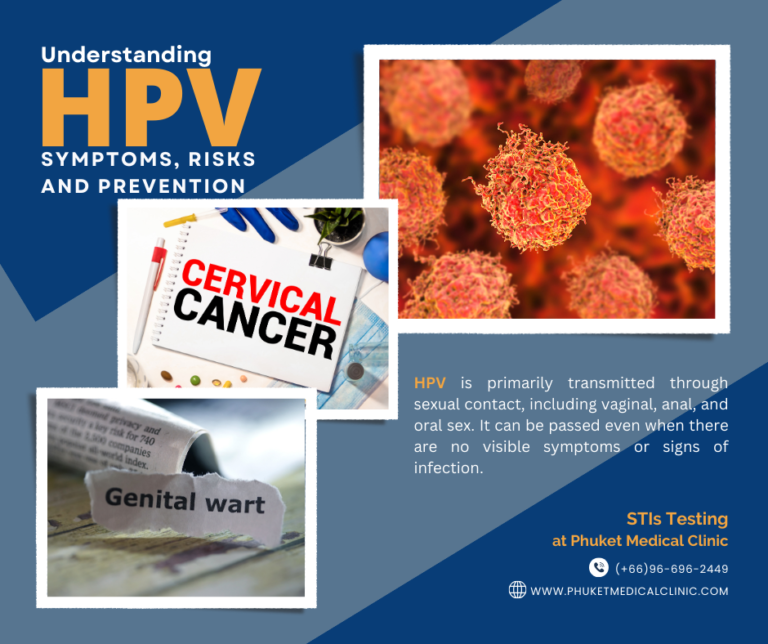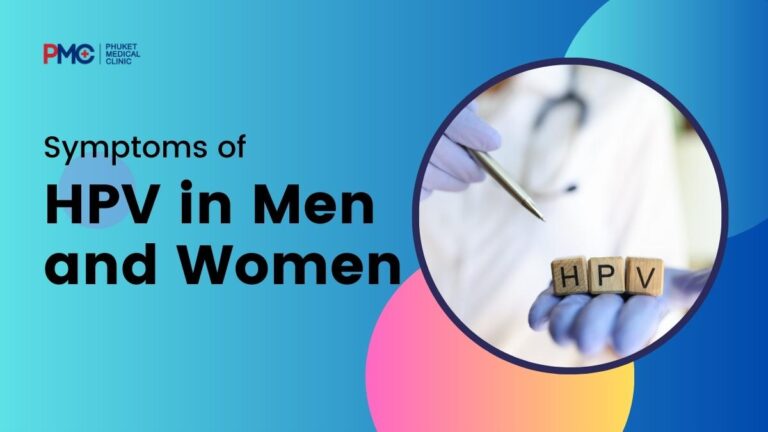Hepatitis B is a viral infection that primarily affects the liver. It is caused by the hepatitis B virus (HBV) and is transmitted through contact with infected blood or bodily fluids. The virus can be contracted through unprotected sex, sharing contaminated needles, or from an infected mother to her baby during childbirth. Hepatitis B can lead to acute or chronic liver disease, with symptoms ranging from mild to severe. Acute hepatitis B infection may cause flu-like symptoms, jaundice, and fatigue, while chronic infection can result in long-term liver damage, cirrhosis, and an increased risk of liver cancer. Vaccination is available to prevent hepatitis B, and antiviral medications can help manage chronic infections. Regular testing and early intervention are crucial for effective management of the disease.
Hepatitis B Complications: An Overview
Hepatitis B is a viral infection that primarily affects the liver. While many people with hepatitis B experience mild symptoms or even none at all, the infection can lead to various complications, particularly if it becomes chronic. Here is an overview of the potential complications associated with hepatitis B:
- Chronic Hepatitis B: When the hepatitis B virus (HBV) persists in the body for more than six months, it is considered chronic. Chronic hepatitis B can cause long-term liver inflammation, leading to liver damage over time. This can result in serious complications such as cirrhosis and liver cancer.
- Cirrhosis: Cirrhosis is a condition characterized by the scarring of the liver. It occurs as a result of prolonged liver inflammation and damage. In chronic hepatitis B, the risk of developing cirrhosis increases over time. Cirrhosis can lead to liver failure, portal hypertension (high blood pressure in the liver), fluid accumulation in the abdomen (ascites), and hepatic encephalopathy (brain function impairment).
- Liver Failure: Severe liver damage caused by chronic hepatitis B can lead to liver failure. Liver failure is a life-threatening condition in which the liver can no longer perform its vital functions, such as filtering toxins from the blood, producing important proteins, and aiding in digestion.
- Liver Cancer (Hepatocellular Carcinoma): Chronic hepatitis B infection significantly increases the risk of developing liver cancer, specifically hepatocellular carcinoma (HCC). It is one of the most common and serious complications of chronic hepatitis B. Regular monitoring and early detection of liver cancer are crucial for treatment and improving outcomes.

Understanding Hepatitis B-Related Complications
- Fulminant Hepatitis: In rare cases, acute hepatitis B can progress rapidly and cause fulminant hepatitis. This is a severe and potentially life-threatening condition characterized by sudden liver failure. Immediate medical intervention, including liver transplantation, may be necessary in such cases.
- Kidney Problems: Some individuals with chronic hepatitis B may develop kidney problems, such as glomerulonephritis. This condition involves inflammation of the kidney’s filtering units (glomeruli) and can lead to kidney damage and impaired function.
- Other Complications: Hepatitis B can also affect other organs and systems in the body. It may cause inflammation of blood vessels (vasculitis), joint pain (arthritis), skin rashes, and eye problems (uveitis).
It is important to note that not everyone with chronic hepatitis B will develop these complications. The risk varies depending on factors such as the person’s age, the presence of other liver diseases, and lifestyle choices like alcohol consumption. Regular medical monitoring, appropriate treatment, and lifestyle modifications can help manage hepatitis B and reduce the risk of complications. If you or someone you know has hepatitis B, it is advisable to consult a healthcare professional like Phuket Medical Clinic for guidance and personalized care.
Risk Factors for Complications HBV
Several risk factors can increase the likelihood of complications associated with hepatitis B. These factors can contribute to the progression of the infection, liver damage, and the development of chronic liver disease. Here are some key risk factors:
- Chronic Infection: The longer a person is infected with hepatitis B, the greater the risk of developing complications. Chronic hepatitis B infection, defined as the persistence of the virus for more than six months, increases the likelihood of liver inflammation and damage over time.
- Age at Infection: The age at which a person becomes infected with hepatitis B can affect the risk of complications. Individuals who acquire the infection at birth or during early childhood are more likely to develop chronic hepatitis B than those infected later in life. Chronic infection increases the risk of long-term liver complications.
- Gender: Males tend to have a higher risk of developing complications from hepatitis B, including progression to cirrhosis and liver cancer. The reasons for this gender difference are not fully understood and may involve hormonal and genetic factors.
- Co-Infection with Other Viruses: People who are co-infected with other hepatitis viruses, such as hepatitis C or hepatitis D, are at an increased risk of complications. Co-infection can accelerate liver damage and increase the likelihood of developing cirrhosis or liver cancer.
Identifying Risk Elements for HBV-Related
- Alcohol Consumption: Excessive alcohol consumption can significantly worsen liver damage in individuals with chronic HBV. Alcohol can exacerbate liver inflammation and accelerate the progression of liver disease, increasing the risk of cirrhosis and liver cancer.
- Smoking: Smoking has been associated with more severe liver disease progression in individuals with chronic hepatitis B. It can increase the risk of developing liver fibrosis, cirrhosis, and liver cancer.
- Immune Suppression: Individuals with weakened immune systems, such as those with HIV/AIDS or receiving immunosuppressive therapy, have an increased risk of HBV complications. Immune suppression can lead to higher viral replication and more severe liver damage.
- Family History: Having a family history of liver disease, particularly HBV-related complications such as cirrhosis or liver cancer, may increase the risk for an individual.
- Coinciding Liver Diseases: The presence of other liver conditions, such as non-alcoholic fatty liver disease (NAFLD) or autoimmune liver diseases, can exacerbate liver damage in individuals with HBV and increase the risk of complications.

Prevention and Management HBV
Prevention and management of HBV involve several key strategies, including vaccination, safe practices to prevent transmission, regular medical monitoring, and appropriate medical interventions. Here are some important aspects of prevention and management for HBV:
- Vaccination: The most effective way to prevent HBV infection is through vaccination. The HBV vaccine is a safe and highly effective vaccine that provides long-lasting protection against the virus. The vaccine is typically administered as a series of three or four doses, depending on the vaccine used. It is recommended for all infants, children, and adolescents, as well as for adults who are at risk of infection.
- Safe Practices to Prevent Transmission: HBV is primarily transmitted through contact with infected blood, semen, or other body fluids. To prevent transmission, it is important to practice safe behaviors, such as:
- Using barrier methods (e.g., condoms) during sexual intercourse.
- Avoiding sharing needles or other drug paraphernalia.
- Ensuring the use of sterile equipment for medical procedures, tattooing, piercing, or acupuncture.
- Taking precautions to prevent contact with infected blood or body fluids, especially in healthcare settings.
- Regular Medical Monitoring: If you have been diagnosed with HBV, it is important to undergo regular medical monitoring. This typically involves blood tests to assess liver function, measure viral load, and monitor for any signs of liver damage or complications. Regular monitoring helps in determining the appropriate course of action and timely intervention if needed.
Controlling and Managing HBV Infections
- Antiviral Medications: In cases of chronic HBV, antiviral medications may be prescribed to reduce viral replication, slow down the progression of liver damage, and decrease the risk of complications. These medications require careful monitoring and should be taken under the supervision of a healthcare professional.
- Liver Cancer Screening: Individuals with chronic HBV are at an increased risk of developing liver cancer. Regular screening, such as ultrasound imaging and blood tests (e.g., alpha-fetoprotein levels), is recommended to detect liver cancer at an early stage when treatment options are more effective.
- Lifestyle Modifications: Certain lifestyle changes can help manage HBV and reduce the risk of complications. These include:
- Avoiding or minimizing alcohol consumption, as it can worsen liver damage.
- Maintaining a healthy weight and managing conditions like obesity and diabetes, which can contribute to liver disease progression.
- Discussing medications and supplements with a healthcare professional, as some medications can potentially harm the liver.
- Prevention of Mother-to-Child Transmission: Pregnant women with HBV should receive appropriate medical care to prevent mother-to-child transmission. This involves administering the HBV vaccine to the newborn, along with HBV immune globulin (HBIG) soon after birth.

Hepatitis B is a viral infection that primarily affects the liver. It is caused by the hepatitis B virus (HBV), which is transmitted through contact with infected blood, semen, or other body fluids. HBV can be acute or chronic, with chronic infection lasting longer than six months. Many people with acute HBV experience mild symptoms or none at all, while chronic infection can lead to serious complications like cirrhosis and liver cancer. Prevention of HBV involves vaccination, safe practices to prevent transmission, and regular medical monitoring. Antiviral medications and lifestyle modifications are used to manage chronic HBV. Prompt diagnosis, appropriate medical care, and adherence to preventive measures are crucial for reducing the risk of complications and promoting liver health. If you need to test for HBV antibodies, you can book an appointment online with us at Phuket Medical Clinic.






